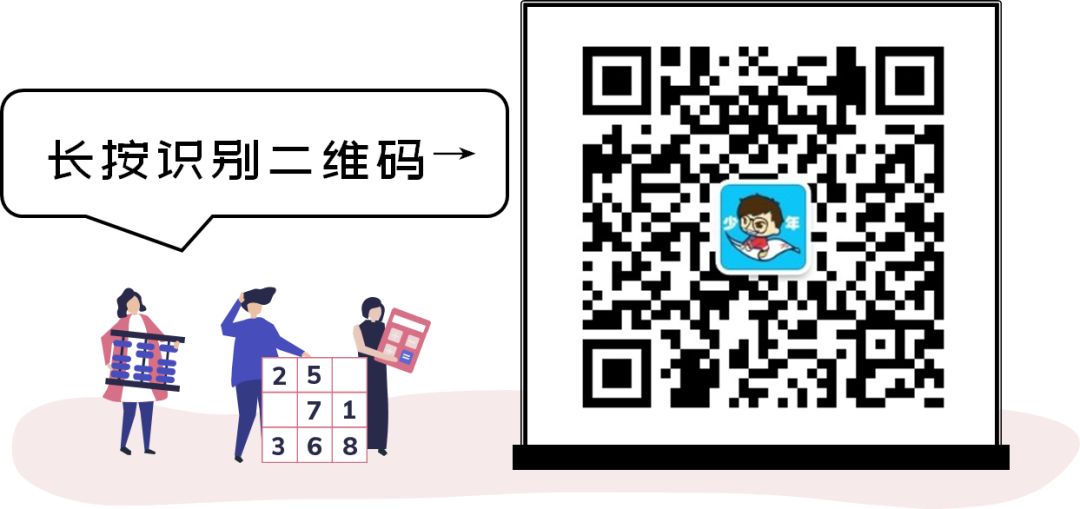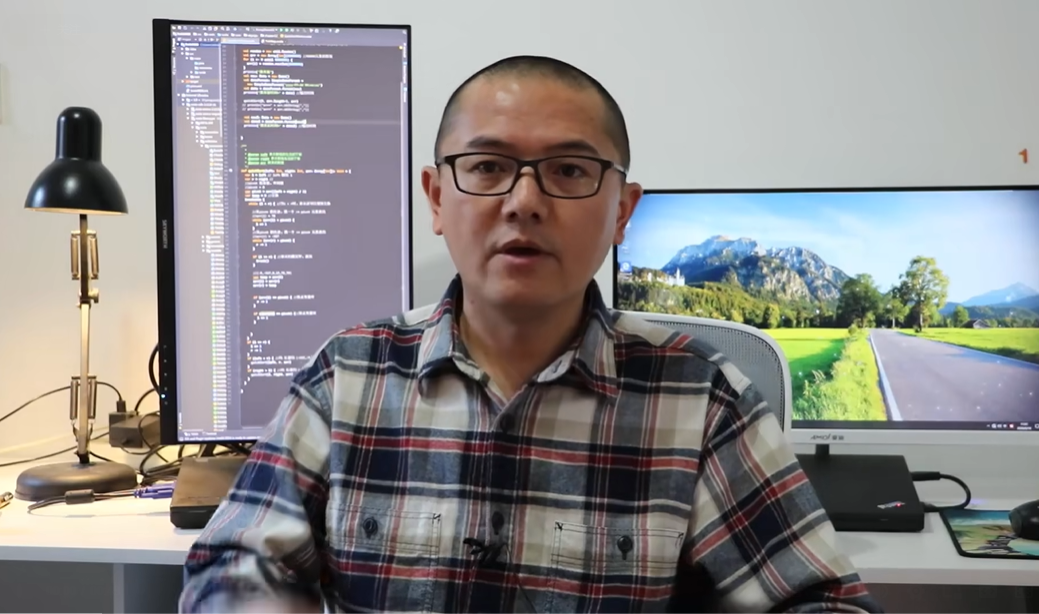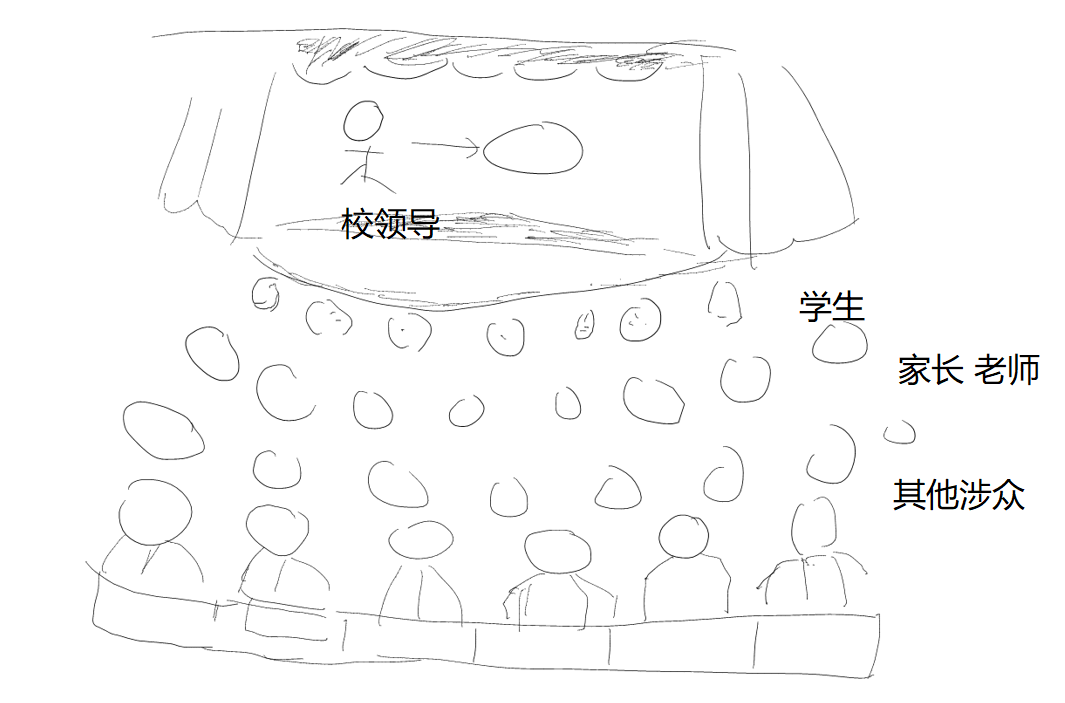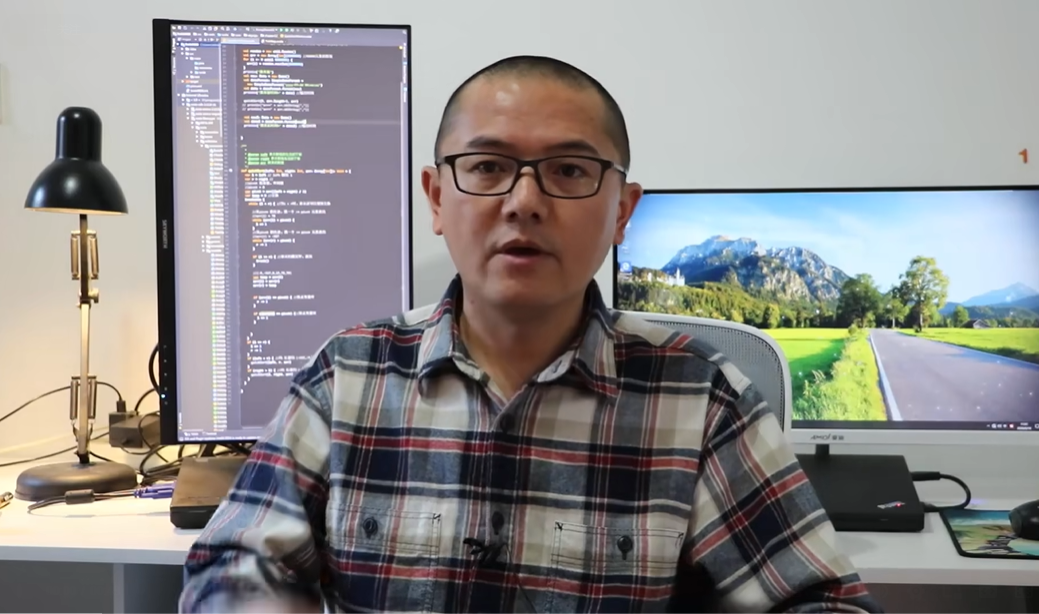1.原文
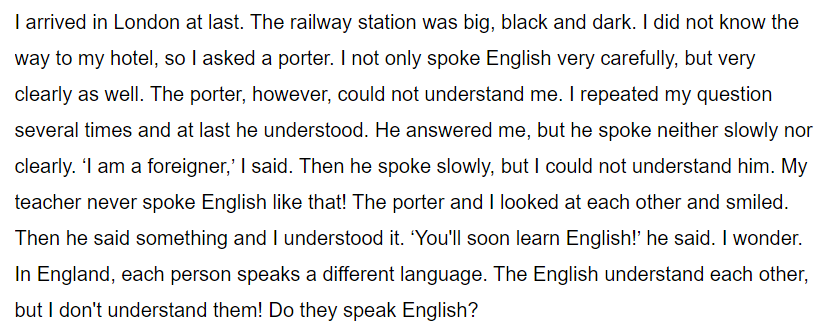
2. 参考译文

3. New words and expressions
★several quantifier 几个
several=a number of… 一些,只能修饰可数
several times 许多次(不能说some times)
some 一些, 即可以修饰可数, 又可以修饰不可数
a great number of… 大量的some time 一段时间 some time ago 一段时间以前
sometime adv. 某时 I will defeat you sometime.
sometimes adv. 有时, 偶尔
★wonder v. 感到奇怪
① n. 奇迹,奇观,奇才;惊奇,惊讶
the seven wonders of the world in ancient times
② vi.&vt. 感到惊讶,感到诧异,对……事情感奇怪They wondered that there was a modern building in district. wonder at sth.
I wonder at the beauty of the old town.
③ vt.&vi.(对……)感到疑惑/怀疑,想要知道
wonder +if +从句 是否……I wonder if you have any spare time. wonder +特殊疑问词 +从句
I wondered where you were going.
Could you tell me how to get to?/I wondered how to get there. 问路
no wonder 难怪 wonderful adj. 极好的
4. 课文讲解
1、Do the English speak English?
English这里均为名词,第一个指“英国人”,前面要加the,表示一个群体,后面的动词必须用复数;第二个指“英语”,指语言时前面不加冠词。
The English often talk about the weather.
English还可以作形容词,表示“英格兰的,英国的,英国人的”等。与English相似的单词有French,Chinese,Japanese等。
2、I arrived in London at last.
arrive at 小地点;arrive in 大地点
reach vt. 到达……(后面一定要加宾语)
get to+宾语 到达……
home/there都是副词,副词跟动词连用的时候不需要加介词,arrive也一样;但一般不用“reach home/there”,如一定要这样写则把“home”看作名词,“there”当代词看, 不作副词看
get home 到家;get there 到那
3I did not know the way to my hotel, so I asked a porter. the way to … 通往……路
know sth. well 对…很熟悉I know the boy well.
4、I not only spoke English very carefully, but very clearly as well.
not only…but…as well= not only…but also… 不但……而且……
I can speak not only Chinese but English as well.
Not only you but also I will go there.主语并列(一般不这么用)
not only喜欢放在动词的前面,一般遇到实义动词和非实义动词的时候, 习惯放在两者之间
I can not only speak Chinese but English as well.(更习惯的说法)
as well本身的含义是“也、又、还”
5、He answered me, but he spoke neither slowly nor clearly. neither…nor… ……既不,也不……
6、To learn English well is to study hard.
但在口语中 To learn English well is study hard.
5. Key structures
并列句中的语序
通过并列连词可把几个简单句连起来构成一个并列句。在并列句中,各分句要根据上下文的要求按逻辑次序排列,但各分句都同等重要并独立存在。
并列连词可以用来表示另加(and)、对比(but,yet)、选择(or)、连续(and,then)以及结局或结果(so)。
however 用在句号的后面, 单独成句, 于前边的句子只有意思上的承接, 没有语法上的承接, 语法上的承接表转折只能用 but。一些并列句的连词:and,and then,but,so,yet,or,not only…but…as well 不但……而且……,neither…nor… 既不……也不……,either…or…或者……或者……,both…and… 两者都yet adv. 然而放在句末或句中, 与否定句, 疑问句相连, 并且与现在完成时用得比较多Have you finished yet?
yet=but 连词,放在两个句子间, 起转折作用
or adv. 或者, 否则
当主语由and或both…and连接常用复数谓语动词.
当主语由 neither…nor,either…or,not only…but also 或or 连接时,谓语动词与nor,or,but also后面的词一致,在英语语法中,这被称之为“就近原则”,离动词最近的名词是单数, 整个主语就视为单数;离动词最近的名词是复数, 整个主语就视为复数
6. Letter Writing
写信人的地址位于信纸的右上角,被称为“信头”,地址后面总是接写日期St.是 Steet的缩略
逗号在地址里表示前者属于后者
I am in class 1,Grade 1.
在日期里, 月和日之间不需要逗号,且月和日的顺序可互换,但在年代之前要有逗号,日期是以序数词出现的,月份一定要是英语字母
February the fourth, 1998 =the fourth of February, 1998
Haidian District,(海淀区)
BeiJing,
China.(最后一个地点要打上句号)












